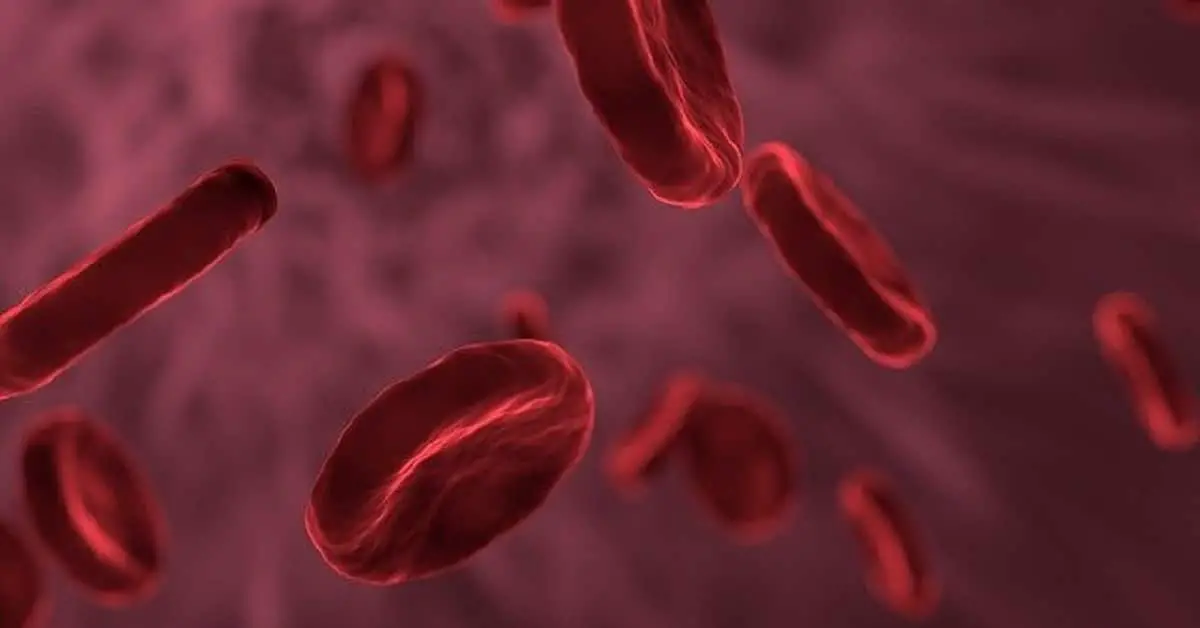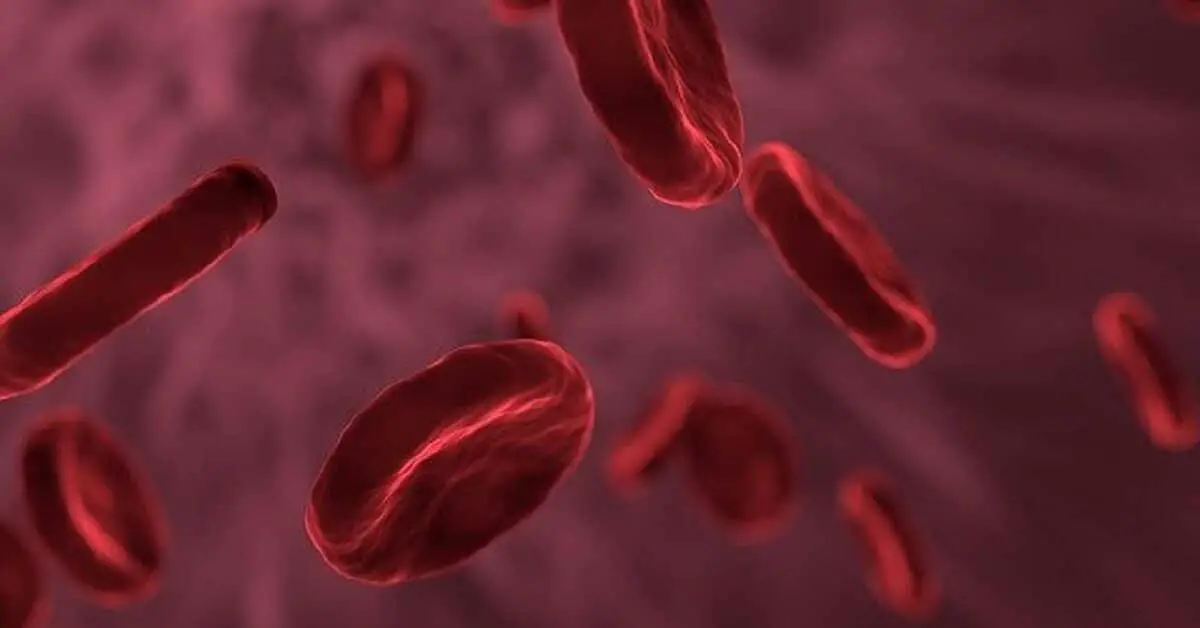
You may experience pernicious anemia symptoms when you don’t have enough red blood cells because you are low in vitamin B12.
Anemia refers to any condition in which your body does not have enough healthy red blood cells to distribute oxygen from your lungs to target tissues and organs. Anemia may be due to iron, folate, or vitamin B12 deficiency.
Vitamin B12, also known as cobalamin, is essential for the formation of red blood cells. You may suffer from B12 deficiency anemia when your diet does not contain enough cobalamin or when your body is not absorbing it from your diet.
Pernicious anemia is a type of B12 deficiency anemia caused by impaired absorption of the vitamin from the small intestine.
Pernicious anemia prevalence is higher among older adults

The prevalence of B12 deficiency is higher among older adults in developed countries, such as the U.S. and the U.K. Shipton and Thachil reported that surveys found cobalamin deficiency (serum cobalamin <148 pmol/l (200 ng/l)) in 3% of Americans aged 20–39, 4% aged 40–59, and 6% aged 60 and over.
The surveys found borderline B12 status (serum cobalamin of 148–221 pmol/l) in 15% of people aged 20–59 and more than 20% of people aged 60 and over.
Pernicious anemia is the most common type of vitamin B12 deficiency affecting older adults in developed countries. It is caused by impaired uptake of cobalamin due to a lack of intrinsic factor (IF), a glycoprotein produced in the stomach. You need IF to bind B12 before absorption in your small intestine.
However, your body’s stores of cobalamin may get depleted for other reasons, such as not including enough cobalamin-rich foods in your diet.
Vitamin B12 deficiency may also cause neurological symptoms

Low vitamin B12 may cause distressing signs and symptoms that signal that your body is experiencing physiological stress and your wellbeing is at risk.
Besides its role in maintaining hematologic (blood) health, cobalamin is also essential for the healthy functioning of the central nervous system (the brain and spinal cord). According to Herrmann et al., cobalamin plays a crucial role in the proliferation, maturation, and regeneration of neural cells. It also plays a role in the synthesis of neurotransmitters, DNA synthesis, and metabolism of amino and fatty acids.
The symptoms of pernicious anemia are, therefore, often accompanied and complicated by the neurological symptoms of B12 deficiency due to damage to the central nervous system (CNS).
Neurological symptoms that may lead to irreversible nerve damage are often a late manifestation of vitamin B12 deficiency. They usually occur after the onset of anemia, according to Ralapanawa et al. However, neurological symptoms may sometimes manifest without anemia, the authors warned. Thus, it is necessary to diagnose B12 deficiency early to prevent irreversible damage to the CNS, according to Shipton and Thachil.
You can detect the early signs and symptoms of deficiency and prevent permanent neurological damage only if you know them. This article covers everything you need to know about the early signs and symptoms of vitamin B12 deficiency and the neurological symptoms that indicate ongoing damage to the CNS. It also covers the signs and symptoms of pernicious anemia, causes, risk factors, prevention, and treatment.
Vitamin B12 deficiency symptoms

The early signs and symptoms of cobalamin deficiency tend to be non-specific. Neurological symptoms usually manifest later.
Early signs of vitamin B12 deficiency
Early signs of B12 deficiency may include:
- Extreme weakness, tiredness, fatigue, lethargy, or lack of energy
- Shortness of breath
- Headache
- Muscle and joint pains
- Dizziness, feeling faint or lightheadedness
- Loss of appetite
- Weight loss
- Dry, chapped, dehydrated lips, and angular cheilitis or perleche (cracked, inflamed, sore corner of the mouth) are among the oral manifestations of B vitamin deficiency, including B12 deficiency
- Awareness of heartbeat (palpitations)
- Noise or ringing in the ears (tinnitus)
- Gastrointestinal or bowel motility disturbances such as diarrhea and constipation
- Circulatory disturbances affecting the extremities
- Weakened immunity may lead to susceptibility to infections, such as pneumonia
Late signs of vitamin B12 deficiency
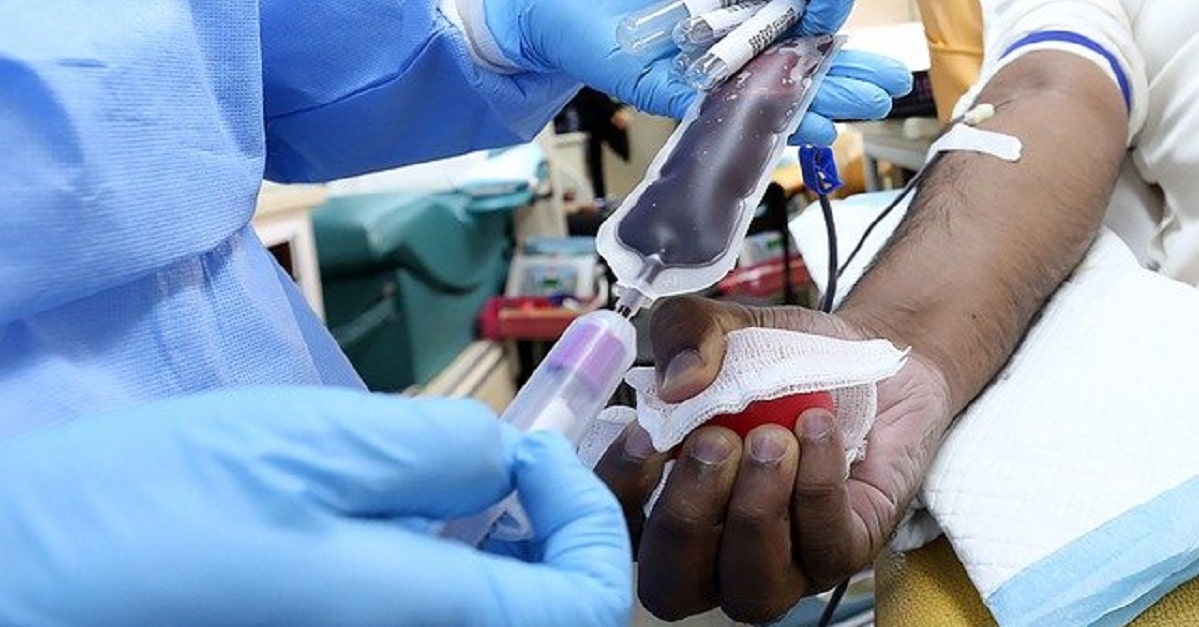
Neurological symptoms that indicate damage to the CNS may include:
- Numbness or reduced tactile (touch) sensitivity
- Paresthesia: “Pins and needles” in hands and feet
- Loss of sense of taste
- Gait and balance disturbances
- Reduced or absent reflexes
- Loss of bladder control (incontinence)
Symptoms of cognitive impairment and neuropsychiatric issues may also occur:
- Poor memory function or memory loss
- Mental confusion
- Depression
- Suicidal thoughts, paranoia, delusions mania, and psychosis
- Dementia: Studies indicate that vitamin B12 deficiency is associated with age-related hearing loss (Houston et al., 1999), cognitive impairment and dementia (Jatoi et al., 2020; Agarwal, 2011).
- Optic atrophy (rare)
Rare neurological signs and symptoms of B12 deficiency
Ralapanawa et al. listed the following as unusual or rare neurological manifestations of B12 deficiency:
- Cerebellar ataxia: Lack of muscle movement coordination due to injury to the part of the brain known as the cerebellum
- Leukoencephalopathy: A disorder of the brain and spinal cord involving degeneration of CNS white matter
- Orthostatic tremor or “shaky leg syndrome” occurs when standing
- Myoclonus refers to sudden involuntary contraction, jerking, or twitching of muscles
- Ophthalmoplegia: Paralysis of the eye muscles that control pupil size and focussing
- Catatonia is a psychomotor (consciously controlled movement) syndrome characterized by immobility, mutism, rigidity, staring in some patients, and a prolonged agitation in others
- Vocal cord paralysis
Symptoms of vitamin B12 deficiency in children

Allen (2008) noted that while vitamin B12 deficiency was more common among older adults in developed countries due to malabsorption problems, it was also common among children and younger adults in developing countries.
Cobalamin deficiency starts early in life and persists due to inadequate dietary intake. Inadequate intake of B12 in poorer populations is due to relatively low intake of animal foods and higher intake of cheaper plant-based staples.
According to Rasmussen et al., children often present with non-specific symptoms of vitamin B12 deficiency. But permanent neurological damage may have already occurred by the time the symptoms are noticeable.
Symptoms of vitamin B12 deficiency in children may include:
- Weakness
- Impaired cognitive development
- Developmental delay (speech, language, and social delays)
- Hypotonia: Decreased muscle tone
- Irritability
- Failure to thrive
- Involuntary movements
- Vomiting
- Lethargy
- Psychomotor regression/retardation involves arrested mental and physical developmental skills
Serin et al. also listed the following symptoms in children:
- Weakness, tiredness
- Lack of motivation and energy
- Lightheadedness
- Rapid heartbeat and breathing
- Pale skin
- Easy bruising and bleeding
- Sore tongue
- Gastric and digestive disturbances, including diarrhea and constipation
- Weight loss
- Decreased muscle tone, weakness, and tingling in the extremities
Neurological signs and symptoms in children may include:
- Altered sensation
- Paresthesia
- Gait ataxia
- Poor vision
- Dizziness
- Loss of taste or smell
- Orthostatic hypotension
- Postural orthostatic tachycardia
- Loss of skin sensation
- Impaired sense of vibration
- Proprioception or kinesthesia disturbances: Disturbances of the sense of location, position, or orientation in space
- Memory impairment,
- Personality changes
- Psychiatric manifestations
- Fecal or urinary incontinence
- Convulsions
Dubaj et al. reported the following cobalamin deficiency signs and symptoms in a 7-month-old infant:
- Developmental regression
- Pathological somnolence
- Diminished consciousness and activity
- Abnormal muscle tone with a fine tremor in upper extremities
Roumeliotis et al. and Goraya et al. reported similar signs and symptoms in infants:
- Paleness or pallor
- Skin hyperpigmentation, and sparse brown hair (Goraya et al.)
- Vomiting,
- Diarrhea
- Decreased urine output (Roumeliotis et al.)
- Lethargy and reduced muscle tone.
- Regression of psychomotor skills
Pernicious anemia: Risk factors and causes

Pernicious anemia is a form of megaloblastic anemia characterized by the production of defective red blood cells. Megaloblastic anemia due to B12 deficiency is associated with impaired DNA synthesis that disrupts the process of growth, division, and maturation of blood cells in the bone marrow.
The disruption of the life cycle of blood cells results in the production of defective blood cells that are fewer, larger than normal, and less efficient in transporting oxygen to tissues and organs that need them.
B12 malabsorption and intrinsic factor, IF
Pernicious anemia is caused by impaired absorption of cobalamin because the stomach cells can’t make intrinsic factor (IF).
IF is needed for the absorption of cobalamin from foods, such as meat, fish, and poultry. IF enables absorption of B12 in the small intestine by binding to it.
The inability of the stomach to make IF is typically due to a type of autoimmune response in which antibodies attack the parietal cells of the stomach mucosa (lining), causing gastric atrophy.
Damage to the parietal cells causes decreased IF production and cobalamin malabsorption.
Impaired vitamin B12 absorption and achlorhydria
Impaired vitamin B12 absorption may also be caused by a form of atrophic gastritis characterized by decreased production of stomach acid (hydrochloric acid).
Much of dietary B12 is protein-bound. Before absorption takes place in the ileum, the stomach must secret enough acid to separate the vitamin from protein. Vitamin B12 is later absorbed in the ileum after binding with IF.
However, many older adults suffer an age-related decrease in stomach acid production (a condition known as achlorhydria). They can’t make enough acid to separate dietary cobalamin from protein in their stomach.
The type of cobalamin found in supplements and fortified foods is usually not protein-bound, and thus, does not require stomach hydrochloric acid to separate it from protein. But it must bind with IF before it is absorbed in the ileum.
Thus, people with achlorhydria (decreased stomach acid secretion) may improve their B12 absorption by taking high doses of supplements or fortified foods that supply non-protein-bound B12 to the ileum.
Other causes of impaired B12 absorption and pernicious anemia

Other conditions that may cause B12 malabsorption include gastrectomy, gastric bypass surgery, restriction surgery, and other bariatric surgical procedures in which sections of the digestive system that produce IF and other essential digestive secretions are bypassed or removed.
People with Crohn’s disease, celiac disease, gut infections, tapeworm infection, and HIV may also develop pernicious anemia.
Studies suggest that Helicobacter pylori infection may play a role in pernicious anemia. Some studies also suggested that vitamin B12 deficiency may play a role, alongside vitamin D deficiency, in the severity of the symptoms of multiple sclerosis.
There is a rare genetic disorder that causes IF deficiency. Babies born with juvenile congenital pernicious anemia cannot make IF, and thus, they are highly susceptible to B12 deficiency and pernicious anemia.
Research suggests a genetic element to the autoimmune disorder that causes pernicious anemia in older adults and that you are more likely to develop the condition later in life if you have a family history of it.
People of Northern European descent and Africans are also more likely to develop pernicious anemia than other ethnic groups.
Several endocrine conditions that may increase your risk of pernicious anemia include:
- Addison’s disease (primary adrenal insufficiency) occurs when your adrenal glands can’t produce enough cortisol due to damage by the immune system
- Type 1 diabetes
- Graves’ disease is an autoimmune disorder in which your immune system attacks your thyroid gland, making it produce too much thyroid hormone (hyperthyroidism).
- Hypoparathyroidism is a condition that happens when your parathyroid gland is not making enough parathyroid hormone
- Myasthenia gravis is another autoimmune disorder characterized by the weakening of skeletal muscles as a result of antibodies attacking the receptors for the neurotransmitter acetylcholine and disrupting the communication between nerves and muscles
- Primary ovarian insufficiency or premature ovarian failure (when ovaries stop normal function before the age of 40)
- Testicular dysfunction
- Vitiligo is an autoimmune skin condition characterized by depigmented patches of skin
- Sjögren syndrome occurs when your immune system attacks the glands that make tears and saliva, causing dry mouth and eyes
- Hashimoto disease causes hypothyroidism (low production of thyroid hormone)
People on a strict vegetarian diet who do not take supplements or fortified foods are also susceptible to cobalamin deficiency.
Some antibiotics and antiseizure/antiepileptic medications may reduce B12 absorption.
Long-term use of gastric acid inhibitors, including proton-pump inhibitors (PPIs) and H2 blockers, may also predispose to cobalamin deficiency.
Other medications that interfere with B12 uptake include aminosalicylic acid, chloramphenicol, and metformin.
Vitamin C may also reduce the absorption of the vitamin.
Symptoms of pernicious anemia
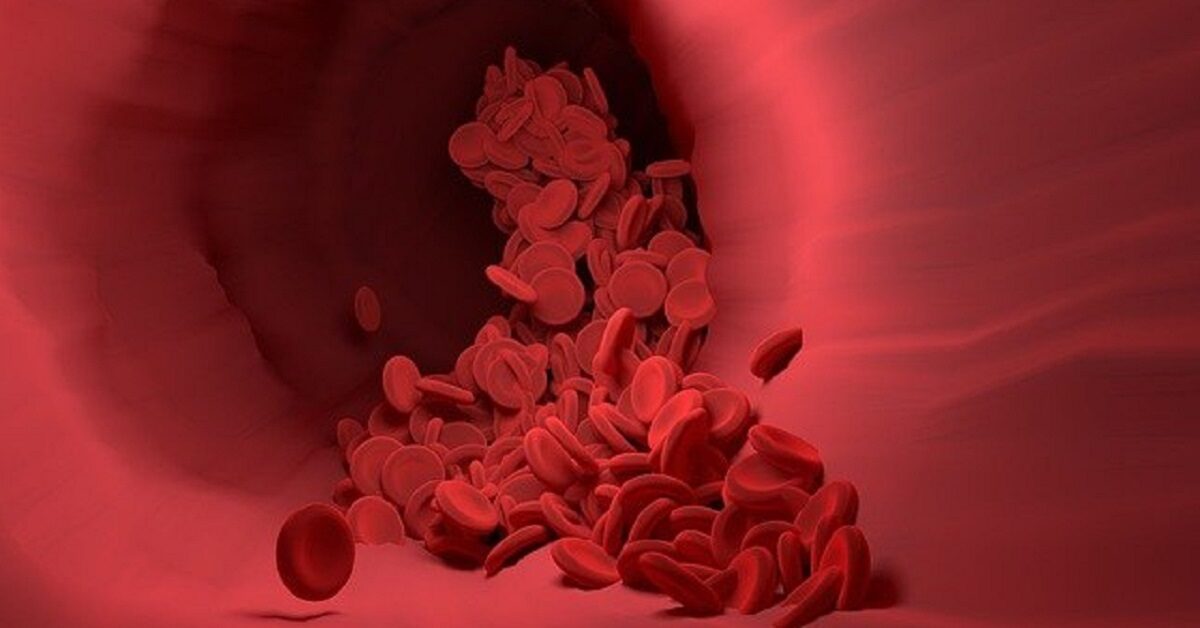
Pernicious anemia has an insidious onset and may progress slowly over many years. According to Shipton and Thachil, the liver stores large amounts of B12. It may take up to a decade after the initial reduction in B12 absorption for depletion to reach the stage where deficiency begins to manifest clinically as pernicious anemia.
The condition creeps gradually on sufferers who may be unaware of the cause of the troublesome symptoms they are experiencing.
The initial symptoms of pernicious anemia include the non-specific symptoms of vitamin B12 deficiency we listed earlier.
However, longstanding and untreated anemia may be associated with neurological and neuropsychiatric symptoms, including paresthesia, incontinence, depression, and psychosis.
Symptoms of pernicious anemia, according to Rodriguez, Shackelford, and Rudolph may include:
Hematological symptoms:
- Pallor, pale skin
- Fatigue, exhaustion, lethargy
- Shortness of breath
- Dizziness
- Tachycardia
- Lightheadedness
- Cognitive decline
- Decreased physical function
Gastrointestinal symptoms:
- Abdominal bloating
- Loss of appetite
- Weight loss
- Diarrhea
Neurological symptoms:
- Numbness in hands and feet, reduced skin sensation, burning sensations in hand and feet
- Paresthesia: Abnormal sensations, including “pins and needles”
- Muscle weakness
- Gait and balance problems unsteady or staggering gait (ataxia), Clumsiness, lack of coordination
- Memory loss
- Psychosis: Psychiatric symptoms may occur in vitamin B12 deficiency as well as in iron deficiency
- Vitamin B12 deficiency is also related with hearing loss in older adults (Houston et al., 1999; Karli et al., 2013)
Cardiac symptoms:
- Dyspnea
- Palpitations
- Edema (swelling)
Urinary retention due to spinal cord damage may also occur.
If left undiagnosed and untreated, pernicious anemia may lead to death, according to Rodriguez and Shackelford.
Physical findings in severe cases may include:
- Low-grade fever, cold extremities, shakiness, and constantly feeling cold
- Glossitis (inflammation of the tongue) with “beefy red” patches that may progress to atrophic glossitis, characterized by smooth texture of the surface of the tongue due to loss of lingual papillae
- Tachycardia (fast heartbeat)
- Blotchy skin pigmentation and yellowing of the skin
- Alteration of mental state and consciousness (decreased awareness and alertness)
- Visual problems, blurred vision
- Enlarged liver if heart failure is present
Other signs and symptoms of pernicious anemia:
- Unstable blood pressure, orthostatic hypotension (low blood pressure on standing)
- Aphthous stomatitis (canker sores)
- Dark circles around the eyes
- Brittle nails
- Easy bruising and bleeding
- Hair thinning and loss
- Greying/whitening of the hair
- Pseudothrombotic microangiopathy: a combination of anemia, thrombocytopenia (low blood platelets count), and schistocytosis (abnormal number of fragmented red blood cells)
- Pancytopenias (lower than normal number of red blood cells, white blood cells, and platelets)
Chronic pernicious anemia symptoms may also include:
- Sensory loss: Decreased or loss of taste, smell, or hearing
- Memory loss
- Anxiety, confusion,
- Mood disturbances, including depression and irritability
- Reduce reflexes or absent reflexes
- Proprioception or kinesthesia disturbances (proprioception is the ability to sense body movement, orientation, and location in space)
- Decreased production of urine
- Fertility issues
Complications of pernicious anemia

Possible complications of pernicious anemia include:
- Congestive heart failure
- Thyroid disorders
- Subacute combined degeneration of the spinal cord (SACD) refers to degenerative changes in the spinal cord due to cobalamin deficiency
- Thrombosis and thromboembolism: Thrombosis occurs when a blood clot (thrombus) blocks a venous or arterial blood vessel; thromboembolism occurs when a blood clot blocking a vessel dislodges at one site and then goes to cause obstruction elsewhere
- Atherosclerosis refers to the thickening or hardening of blood vessels due to the buildup of plaque
- Parkinsonism
- Cerebellar syndrome or dysfunction manifest as balance problems, gait disturbances, vertigo, lack of muscle coordination (ataxia), speech, and visual problems
- Cranial neuropathies
- Sphincter dysfunctions
Prevention and treatment of B12 deficiency
You can prevent vitamin B12 deficiency by eating foods rich in cobalamin. Animal foods, such as meat, liver, poultry, fish, and milk, are the best sources of the vitamin.
Vegans who don’t eat animal foods, including eggs and milk, can prevent cobalamin deficiency by taking supplements or eating fortified foods, such as breakfast cereals.
When detected early enough, supplements and fortified foods may be sufficient to remedy deficiency and prevent pernicious anemia.
Supplements usually contain cyanocobalamin, but some contain adenosylcobalamin, methylcobalamin, or hydroxocobalamin.
Doctors usually treat severe pernicious anemia with intramuscular injection of hydroxocobalamin or cyanocobalamin.
How much vitamin B12 should I take daily?
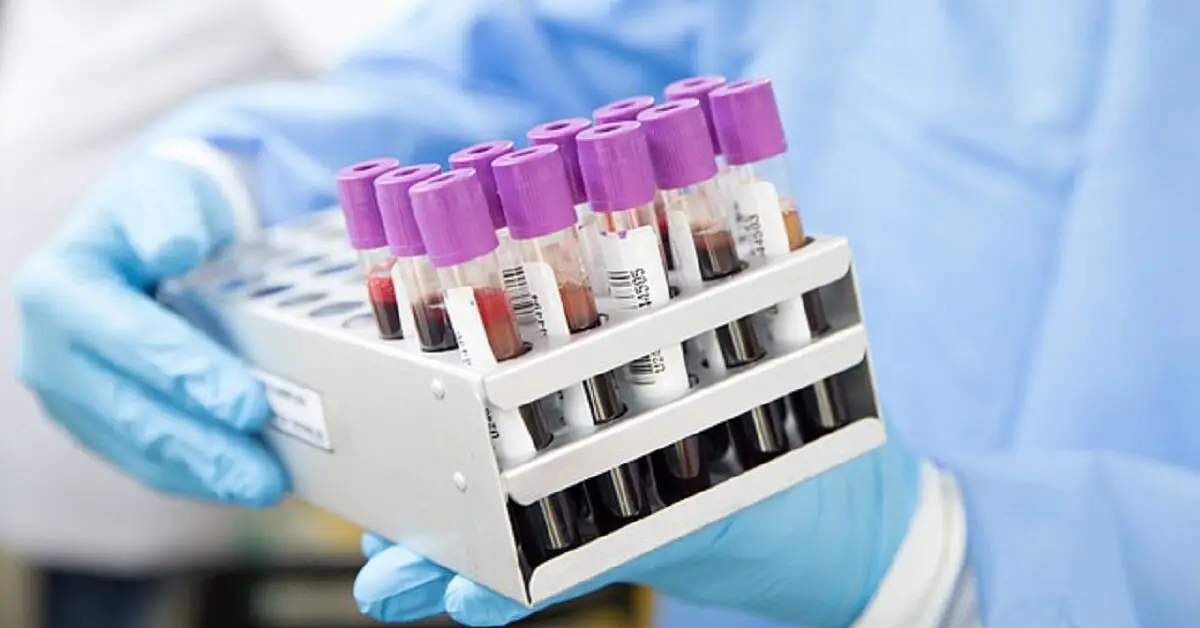
According to the National Institutes of Health (NIH), the average recommended daily intake of B12 depends on age and sex:
- Birth to 6 months: 0.4 mcg
- Infants 7–12 months: 0.5 mcg
- Children 1–3 years: 0.9 mcg
- Children 4–8 years: 1.2 mcg
- Children 9–13 years: 1.8 mcg
- Teens 14–18 years: 2.4 mcg
- Adults: 2.4 mcg
- Pregnant teens and women: 2.6 mcg
- Breastfeeding teens and women: 2.8 mcg
Medical experts previously believed that vitamin B12 was safe even in high doses and that it may help lower cancer risk. However, recent research suggests that high-dose B12 supplementation may increase cancer risk.
A note to our readers
Although this article is based on information from peer-revied studies, reputable societies, trusted private and public agencies, it is meant only for informational purposes and should not take the place of professional medical advice.
We strongly advise you to consult your healthcare provider if you believe you may have Vitamin B12 deficiency or pernicious anemia.
Pernicious anemia is a serious medical condition that can result in permanent neurological damage and death if not treated early. We, therefore, advise you not to delay seeking medical attention if you believe you may have the condition.
Only a doctor can diagnose vitamin B12 deficiency or pernicious anemia. Your doctor will make a diagnosis based on your medical history, physical examination, and blood tests.

